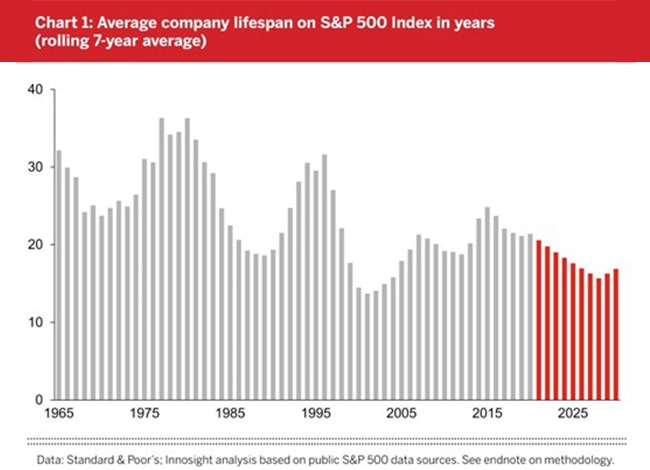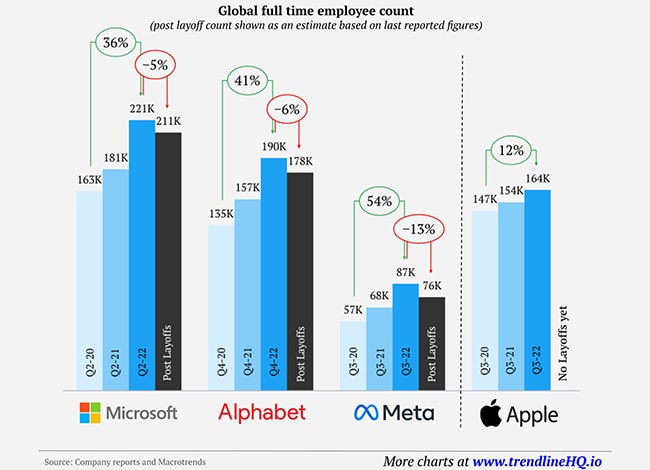The following news was published a couple of weeks ago:
- “As leaders, we made judgement errors in over-hiring ahead of the curve. At the same time, we could have run our organization structure in a more effective and lean manner overall,” CEO said in his email.
- “Our spans and layers were inflated, and this could have unintended consequences on our speed to execute. While we are confident that “our” business will stay strong, the economic reality is here to stay. We are now faced with the hard truth of aligning our people costs with the new projections for our business. We should have done better here.”
The Co. profile: Softbank backed leading Indian e-commerce firm. Raised ~$1 Billion so far. Valued at ~$5 Billion. GMV of $5 Billion with a 7% mkt share which takes e-com mkt to $70 Billion (~INR6 Lakh crore).
They laid off 15% of employees last month. Another 15% last year. So, 30% gone.
We are not saying they did anything wrong, deliberately. And the post is not about that decision. Shit happens, cycles reverse and usually no one plans it purposefully. These reversals are only going to become more frequent and quicker – we talked about it in an earlier post.
The limited point here is to take our attention to organization structure.
This is how it usually plays out:
Quarters leading up to the crisis:
- HR is taking instructions from the business about crazy hiring needs. A board is up just outside the company premises – “Trespassers will be hired!”.
- Hiring inputs aren’t coming from a single source. But from everywhere.
- The HR department is busy with onboarding, engagement, training, thinking about “Hybrid”, “Future of Work”, “Employee Experience”. They are being recognized for some real cool policies. EVP is building up well.
Yet, not enough attention in HR is going towards checking the mismatch between “Sales pipeline – Revenue – People costs”. Because we have outsourced that role over to CFO/ CEO!/p>
Now, amongst other things competing for their time, if the CEO/ CFO manages to analyse, the disaster would be avoided – or reduce the extent of damage.
We suspect, it may also be because of the organization structure and design. The hierarchy doesn’t allow for these debates to be raised by someone in HR – which is asking the Q: don’t you think, basis the numbers that I have visibility to, we shouldn’t be hiring at all?
Now the catch22:
- “I haven’t been provided that information, nor am I expected to think about “revenue-cost match” in my role in HR”
- “Would have been great if someone in HR had analysed that data & forewarned the CEO!”
And lastly, a broader Q: Do we have the right structure & seniority of roles and accountability to allow for such debates to bubble-up, before it is too late for the un-suspecting employee group?


